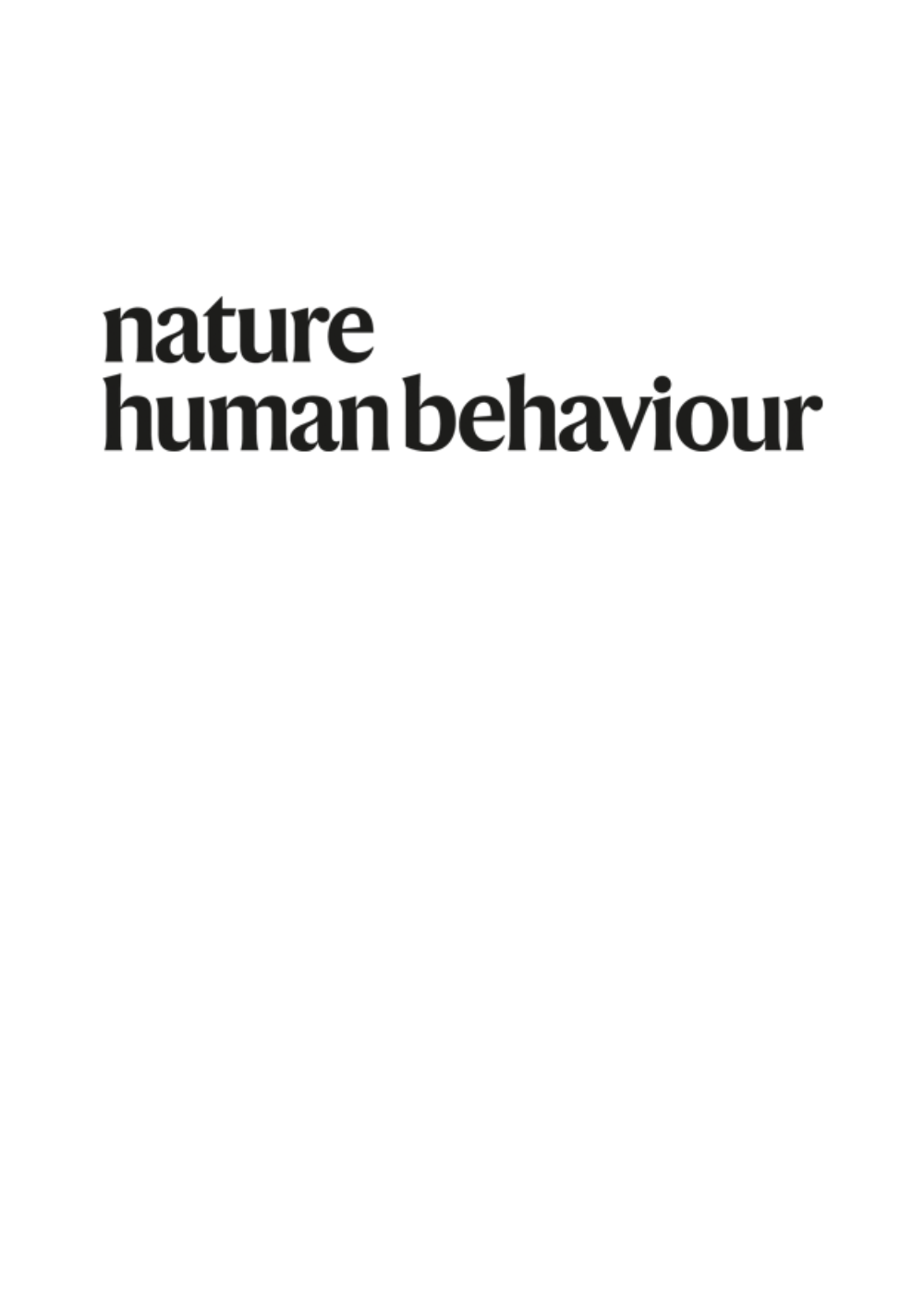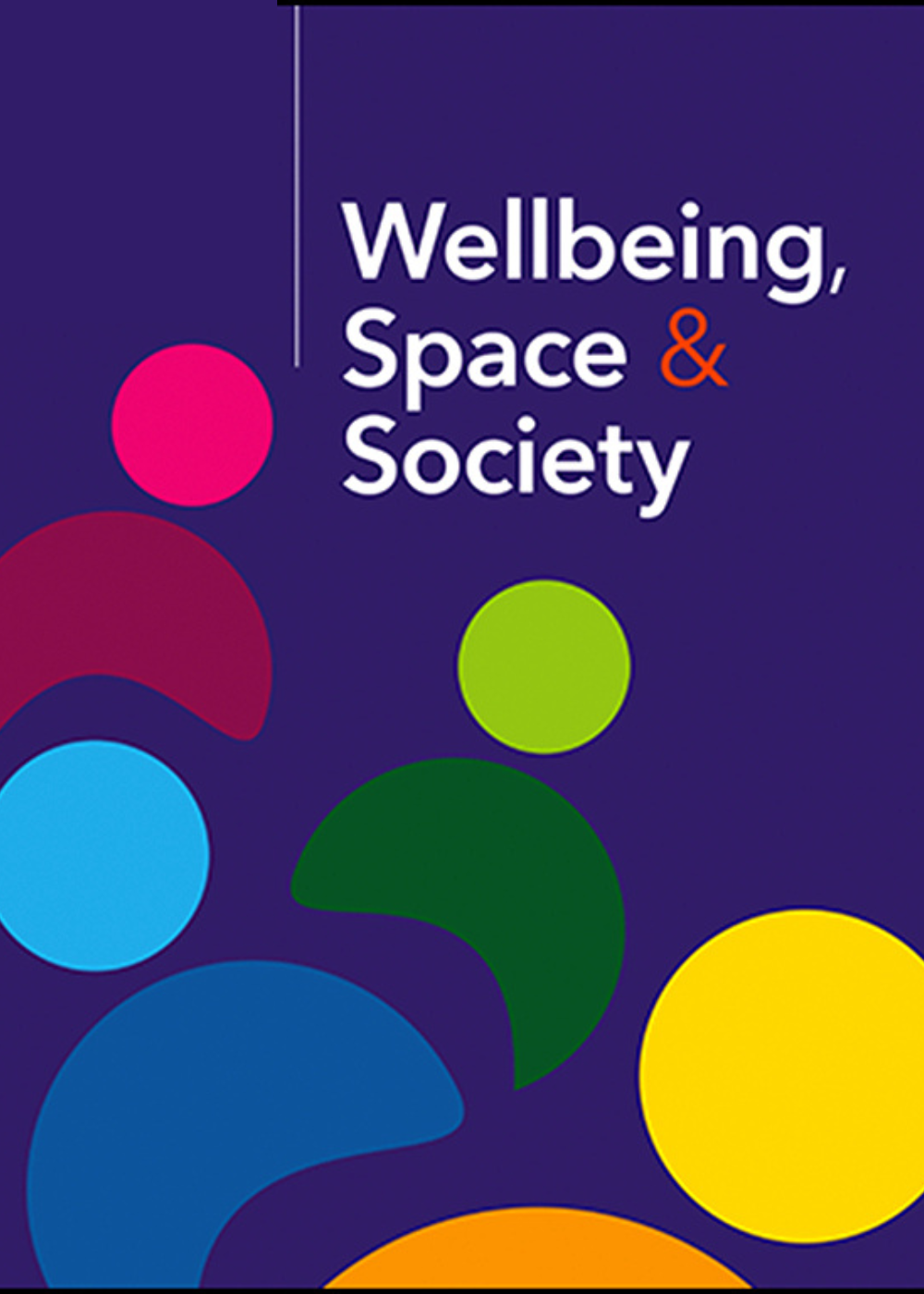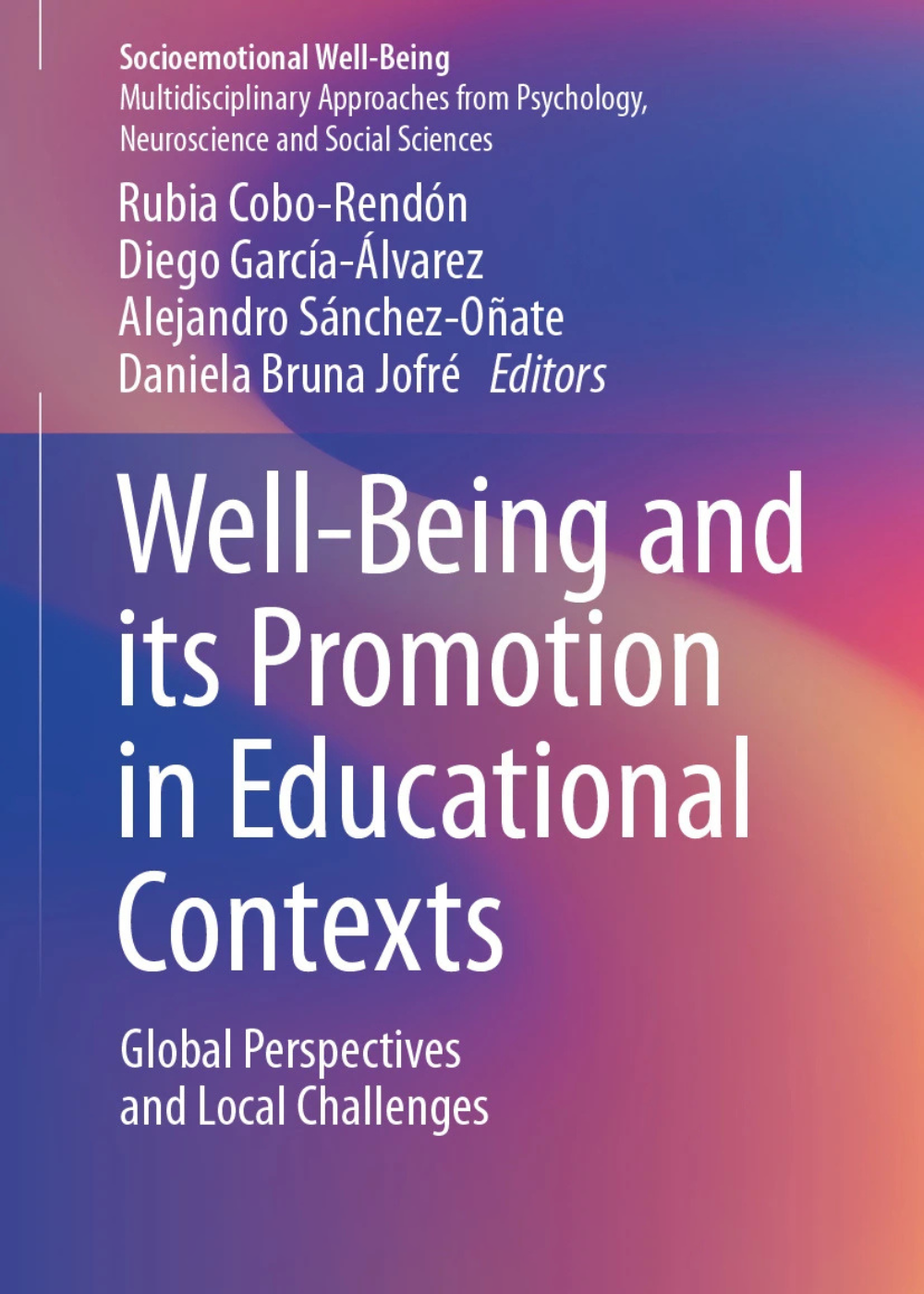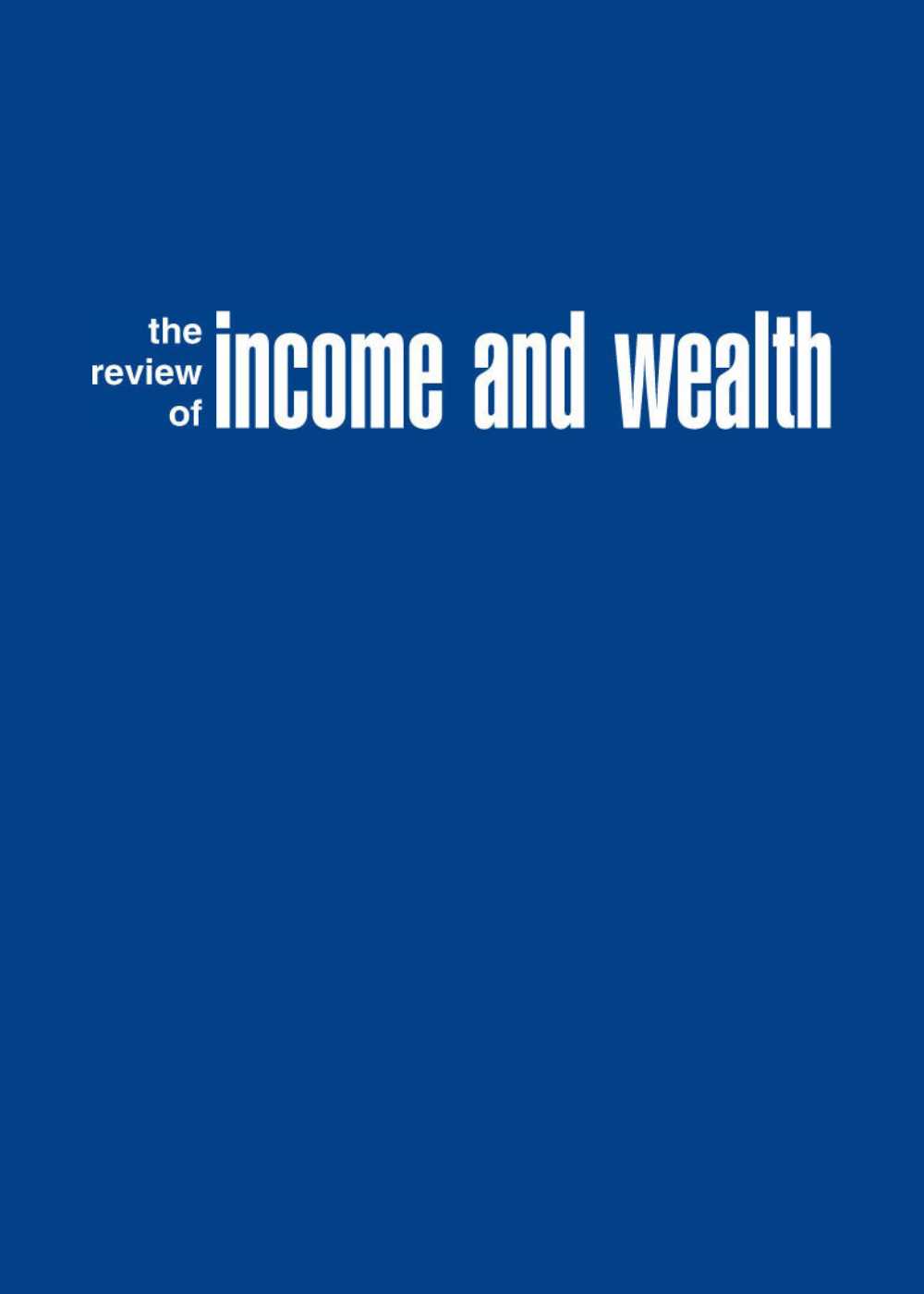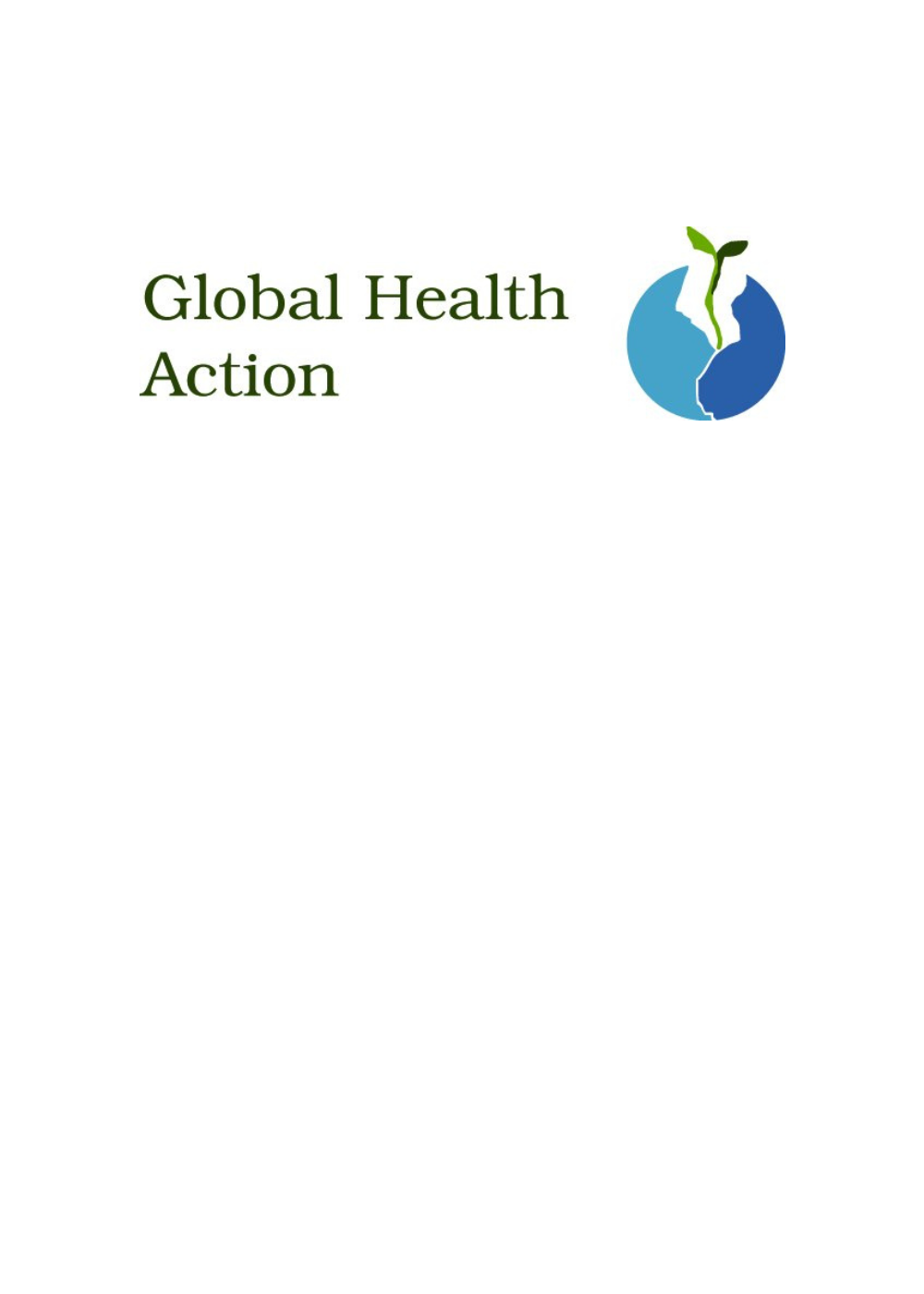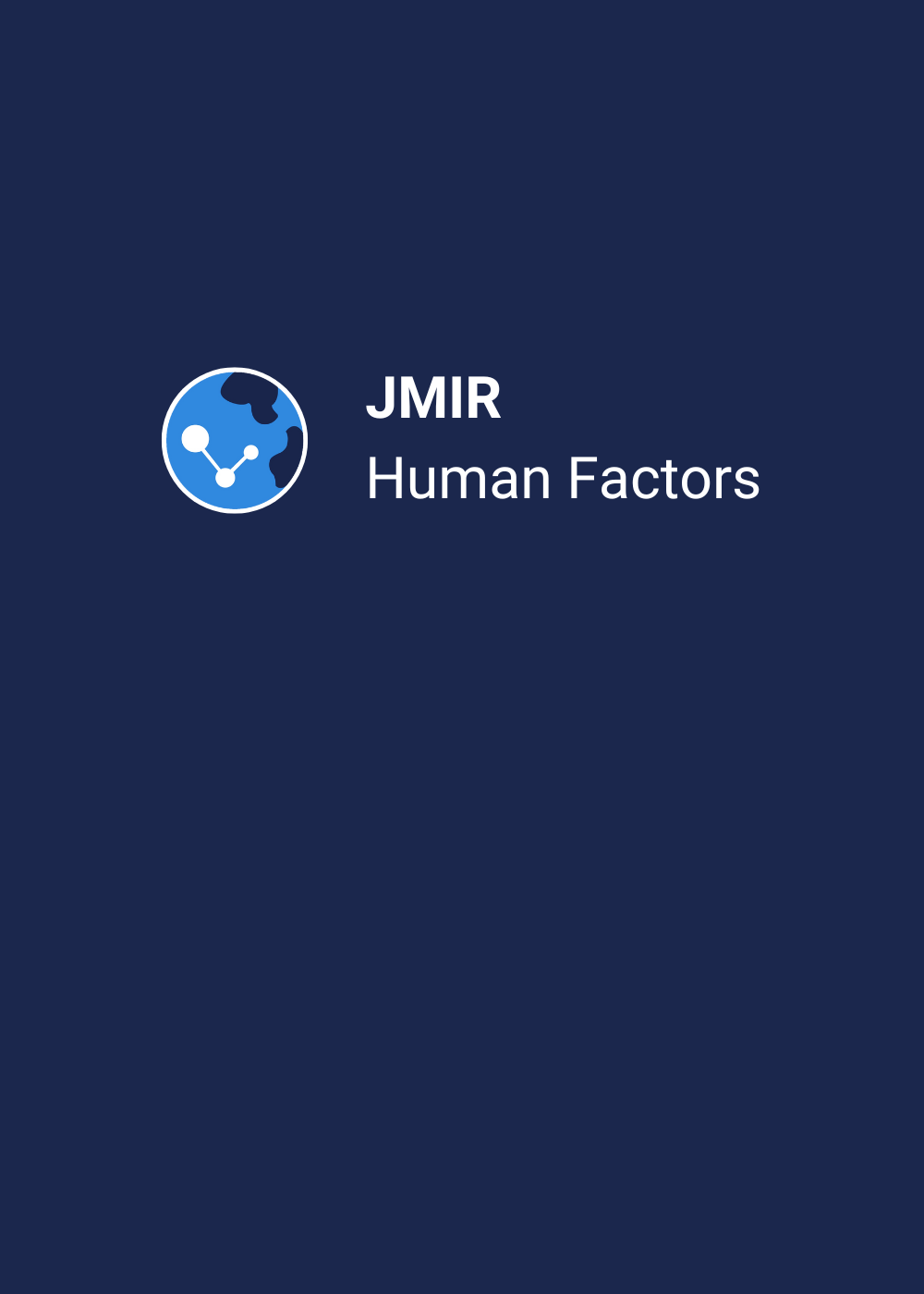
Taking a Wellbeing Years Approach to Policy Choice
.British Medical Journal
Jan-Emmanuel De Neve, Andrew E Clark, Christian Krekel, Richard Layard, & Gus O’Donnell
Abstract
Decisions about lockdown should consider people’s wellbeing as a guide
Every day, policy makers must decide whether a policy is desirable. They do so by examining its impact on a range of outcomes. But the problem is how to aggregate these disparate outcomes. For example, as covid-19 cases rise again, some lockdown measures are gradually being reintroduced across the UK. These policy choices will lead to outcomes that are good (such as fewer deaths from covid-19, less commuting, better air quality) and some that are bad (unemployment, income losses, loneliness, domestic abuse). How can policy makers aggregate these disparate effects in order to arrive at an overall assessment? To do so requires a “common currency” with which to measure all the effects. The currency we propose is the change in years of human wellbeing resulting from the policy.
At present, the most used currency is money. This is the method used in traditional cost-benefit analyses. Each of the various outcomes is valued by the amount of money that those affected would be willing to pay in order to produce that outcome. For many of the most important outcomes, however, including health and unemployment, it is difficult…
